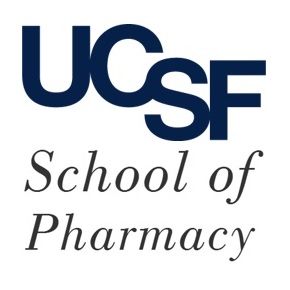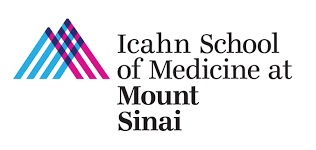Submitted by ja607 on
| Title | Adjusting for Principal Components of Molecular Phenotypes Induces Replicating False Positives. |
| Publication Type | Journal Article |
| Year of Publication | 2019 |
| Authors | Dahl, A, Guillemot, V, Mefford, J, Aschard, H, Zaitlen, N |
| Journal | Genetics |
| Volume | 211 |
| Issue | 4 |
| Pagination | 1179-1189 |
| Date Published | 2019 04 |
| ISSN | 1943-2631 |
| Keywords | Animals, Genome-Wide Association Study, Humans, Models, Genetic, Phenotype, Principal Component Analysis, Quantitative Trait Loci, Reproducibility of Results |
| Abstract | High-throughput measurements of molecular phenotypes provide an unprecedented opportunity to model cellular processes and their impact on disease. These highly structured datasets are usually strongly confounded, creating false positives and reducing power. This has motivated many approaches based on principal components analysis (PCA) to estimate and correct for confounders, which have become indispensable elements of association tests between molecular phenotypes and both genetic and nongenetic factors. Here, we show that these correction approaches induce a bias, and that it persists for large sample sizes and replicates out-of-sample. We prove this theoretically for PCA by deriving an analytic, deterministic, and intuitive bias approximation. We assess other methods with realistic simulations, which show that perturbing any of several basic parameters can cause false positive rate (FPR) inflation. Our experiments show the bias depends on covariate and confounder sparsity, effect sizes, and their correlation. Surprisingly, when the covariate and confounder have [Formula: see text], standard two-step methods all have [Formula: see text]-fold FPR inflation. Our analysis informs best practices for confounder correction in genomic studies, and suggests many false discoveries have been made and replicated in some differential expression analyses. |
| DOI | 10.1534/genetics.118.301768 |
| Alternate Journal | Genetics |
| PubMed ID | 30692194 |
| PubMed Central ID | PMC6456307 |
| Grant List | U01 HG009080 / HG / NHGRI NIH HHS / United States K25 HL121295 / HL / NHLBI NIH HHS / United States R03 DE025665 / DE / NIDCR NIH HHS / United States |





